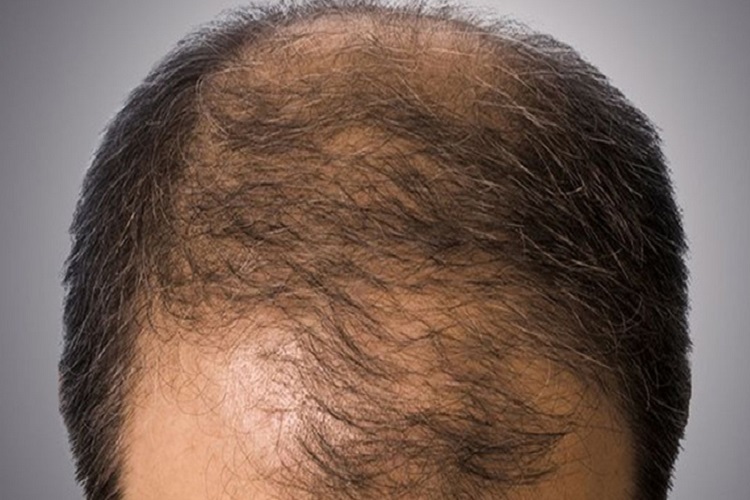The Relationship Between Stress & Hair Loss
It’s long been suspected that stress plays a key role in hair loss, though until very recently, experts were uncertain about the mechanisms behind the link. To further examine the link between stress and hair loss, researchers performed studies on mice and made an interesting discovery.
Table of Contents
The Hair Growth Cycle
Hair growth experiences three main phases:
- Growth, or anagen
- Degeneration, or catagen
- Rest, telogen
In the anagen phase, hair follicles continuously push outgrowing shafts. During catagen, growth halts, and the lower portion of the hair follicle shrinks, though the hair stays in place. During telogen, hair becomes dormant and ultimately falls out. With severe stress, telogen is reached prematurely, causing a lot of hair to fall out quickly.
Hair follicle stem cells (HFSCs) play an important role in the growth cycle. Located in a portion of the follicle known as the bulge, the cells interpret signals to direct the hair to grow or stay dormant. To better understand which signals HFSCs respond to, the researchers looked into the role of the adrenal glands, which are responsible for producing stress hormones. They removed the organs from mice and noticed that those without the glands experienced a shorter telogen phase, and thus grew hair almost three times as often as the subjects with the glands intact. They performed further tests, applying stressors to normal mice, which resulted in both elevated corticosterone and reduced hair growth. Thus, they concluded that corticosterone created by the adrenal glands impedes hair growth.
HFSCs detect corticosterone through a specific protein. Likewise, certain proteins signal HFSCs to stimulate cell division and spur hair growth. With an understanding of this mechanism, researchers may be able to develop a treatment specifically to prevent or treat hair loss related to chronic stress. Of course, further research will be needed, especially since the could be key differences in the outcomes of animal studies versus human clinical trials.
With that said, it’s still possible to address hair loss with the help of regenerative medicine. Since we already know stem cells are integral in the hair growth process, they can be leveraged in stem cell therapy to stimulate the growth of hair for both men and women.
This post was written by a medical professional at Stemedix Inc. At Stemedix we provide access to Regenerative Medicine for hair, also known as Stem cells for hair loss. Regenerative medicine has the natural potential to help improve symptoms sometimes lost from the progression of many conditions.

